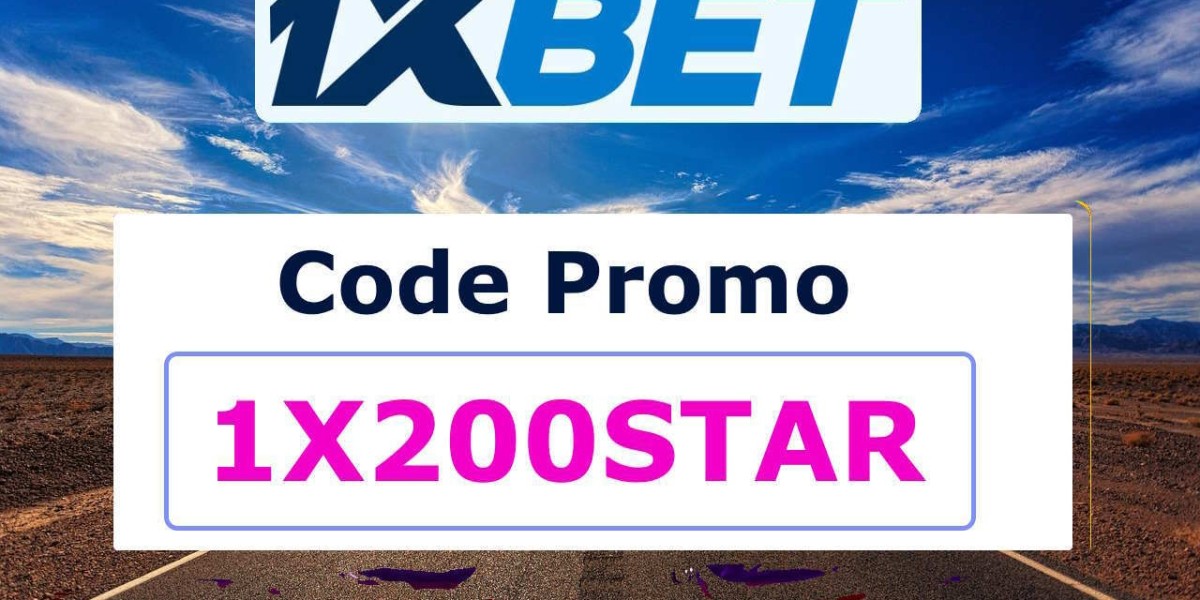The healthcare industry is experiencing a digital transformation at an unprecedented scale. From electronic health records (EHRs) to telemedicine, modern technologies are enabling providers to deliver efficient, patient-centered care. Among the many frameworks and tools available, Node.js has emerged as a driving force behind the performance, scalability, and security of digital health portals. Its ability to process real-time data, handle concurrent users, and support interoperability makes it one of the most sought-after technologies in digital health development.
This blog explores how Node.js enhances digital health portals, covering its technical benefits, role in patient engagement, compliance considerations, and future-ready possibilities.
The Growing Need for Robust Digital Health Portals
Healthcare providers, insurers, and patients demand seamless access to medical information. Digital health portals serve as a central hub where patients can view medical history, book appointments, communicate with doctors, and track wellness goals. However, building and scaling such portals comes with challenges:
Handling massive volumes of sensitive patient data.
Ensuring compliance with HIPAA, GDPR, and other healthcare regulations.
Delivering fast, real-time updates without downtime.
Supporting telehealth integrations, wearables, and IoT devices.
Enabling smooth cross-platform access across mobile and desktop.
Node.js addresses these challenges by offering an event-driven, non-blocking architecture that makes healthcare applications faster, more secure, and scalable.
Why Node.js Fits Perfectly in Healthcare Applications
Healthcare software cannot afford latency or downtime. Node.js offers unique benefits that align with these industry needs:
High Concurrency Management
Node.js handles multiple simultaneous requests efficiently. For digital health portals with thousands of concurrent logins—patients checking test results, doctors updating records—this ability is critical.
Real-Time Data Processing
From live chat with healthcare providers to monitoring vitals via connected devices, real-time capabilities are essential. Node.js uses WebSockets and event-driven programming to ensure instant updates.
Lightweight and Fast
Node.js applications are lightweight, reducing response times. In healthcare, where delays could impact patient outcomes, this speed is invaluable.
Microservices and Scalability
Healthcare systems often expand rapidly. Node.js supports microservice-based architecture, making it easier to scale individual modules like billing, scheduling, or patient communication.
Strong Developer Ecosystem
Node.js has a vast community with thousands of packages. This accelerates development cycles, allowing faster deployment of new healthcare features.
Node.js and Patient Engagement in Digital Health Portals
Modern patients want more than just access to medical records—they expect interactive, user-friendly experiences. Node.js enables healthcare portals to provide features that enhance engagement:
Personalized Dashboards
By leveraging Node.js APIs, portals can integrate data from EHRs, wearables, and lifestyle apps, creating a unified, personalized patient dashboard.
Secure Messaging Systems
Node.js powers encrypted chat features that allow real-time, secure communication between patients and healthcare teams.
Appointment Scheduling
With asynchronous programming, scheduling systems can instantly update available slots and prevent double bookings.
Telehealth Integration
Node.js ensures smooth video conferencing and real-time interactions with minimal lag, supporting the growing telehealth demand.
Multi-Device Accessibility
Since Node.js works seamlessly with frameworks like React Native, patients can access portals across devices without performance issues.
Security and Compliance in Node.js-Powered Portals
Data privacy and compliance are non-negotiable in healthcare. Node.js provides a solid foundation to meet these standards.
End-to-End Encryption
Node.js supports robust encryption libraries that protect sensitive health data during transmission.
Role-Based Access Control
Healthcare portals can use Node.js to implement role-based access, ensuring only authorized users can access specific information.
Audit Trails
Node.js applications can generate logs for all user activity, helping meet HIPAA and GDPR requirements.
Secure Authentication
With integrations like OAuth2.0 and JWT, Node.js ensures secure authentication for patients, doctors, and administrators.
Continuous Monitoring
Node.js enables real-time alerts and monitoring systems that detect anomalies and prevent unauthorized access.
Technical Advantages for Healthcare Development Teams
Healthcare projects often involve multiple stakeholders—hospitals, insurers, labs, and patients. Node.js provides flexibility for developers working on these complex projects:
Reusable Components: Developers can reuse modules across features.
API-First Approach: Node.js supports smooth API integrations with third-party health apps, insurance systems, and IoT devices.
Cross-Platform Development: Teams can build for both web and mobile from a single codebase.
Efficient Testing & Deployment: With built-in testing tools, debugging and deployment cycles are faster.
Healthcare organizations often collaborate with a full stack development company to ensure Node.js portals are designed, integrated, and maintained with the highest quality standards. This collaboration reduces risks, speeds up time-to-market, and ensures compliance.
Node.js in Action: Use Cases for Digital Health Portals
Node.js is already revolutionizing digital health through practical applications.
Telemedicine Platforms
Node.js powers real-time video consultations, enabling doctors to connect with patients instantly.
Remote Patient Monitoring (RPM)
Node.js integrates with wearable devices to stream vital signs like heart rate, glucose levels, or oxygen saturation directly into patient dashboards.
Prescription Management
Pharmacies can sync with healthcare portals, ensuring prescriptions are updated in real-time and minimizing errors.
Insurance and Billing Systems
With Node.js, portals can handle secure transactions, generate invoices, and integrate with insurance APIs seamlessly.
AI-Powered Chatbots
Node.js frameworks integrate with AI to provide symptom checkers, medication reminders, and FAQs for patients.
Population Health Analytics
Large datasets can be processed in real-time, enabling predictive insights for hospitals and public health organizations.
Challenges and Considerations in Using Node.js for Healthcare
While Node.js offers numerous advantages, developers must also address challenges:
Complex Regulatory Requirements: Every feature must comply with healthcare standards.
Data Overload: Managing massive streams of data from IoT and wearables requires strong infrastructure.
Interoperability Issues: Integration with legacy EHRs can be complex.
Continuous Security Updates: Regular patching is critical to safeguard against vulnerabilities.
Training Requirements: Teams must stay updated on evolving Node.js best practices.
Despite these hurdles, Node.js remains a top choice due to its adaptability and vast developer ecosystem.
The Future of Node.js in Digital Health
Healthcare technology continues to evolve with AI, blockchain, and IoT integration. Node.js is expected to play a pivotal role in supporting these future trends:
AI-Driven Personalization: Node.js will support real-time AI tools for predictive diagnosis and treatment.
Blockchain for Security: Combining Node.js with blockchain can enhance transparency in health records.
5G and IoT Expansion: With 5G networks, Node.js-powered portals will handle more real-time IoT data seamlessly.
Voice and Virtual Assistants: Node.js can power natural language interfaces for patients to interact with portals using voice.
Conclusion
Digital health portals are no longer optional—they are an essential part of modern healthcare delivery. Node.js provides the speed, scalability, and security needed to meet today’s patient demands and regulatory requirements. Its ability to handle real-time data, support multiple integrations, and enable seamless patient engagement makes it one of the most powerful frameworks for healthcare innovation. As technology continues to reshape healthcare, Node.js will remain at the forefront of building portals that bridge the gap between patients and providers.
FAQs
1. Why is Node.js used in digital health portals?
Node.js is used because it offers real-time data handling, high scalability, and lightweight performance, making it ideal for healthcare applications.
2. How does Node.js improve patient engagement?
It enables features like secure chat, telehealth video calls, appointment scheduling, and personalized dashboards, enhancing overall patient experience.
3. Is Node.js secure enough for healthcare applications?
Yes, Node.js supports encryption, secure authentication, role-based access, and compliance tools that align with HIPAA and GDPR standards.
4. Can Node.js handle integration with existing hospital systems?
Yes, Node.js supports API-first development, allowing smooth integration with EHRs, insurance systems, pharmacies, and IoT devices.
5. What future trends will Node.js support in healthcare?
Node.js will play a role in AI-powered healthcare, blockchain security, IoT-based monitoring, and voice-assisted patient interfaces.
6. Should healthcare providers work with specialized developers for Node.js portals?
Yes, partnering with specialized development experts ensures that portals meet compliance, deliver high performance, and scale effectively.







